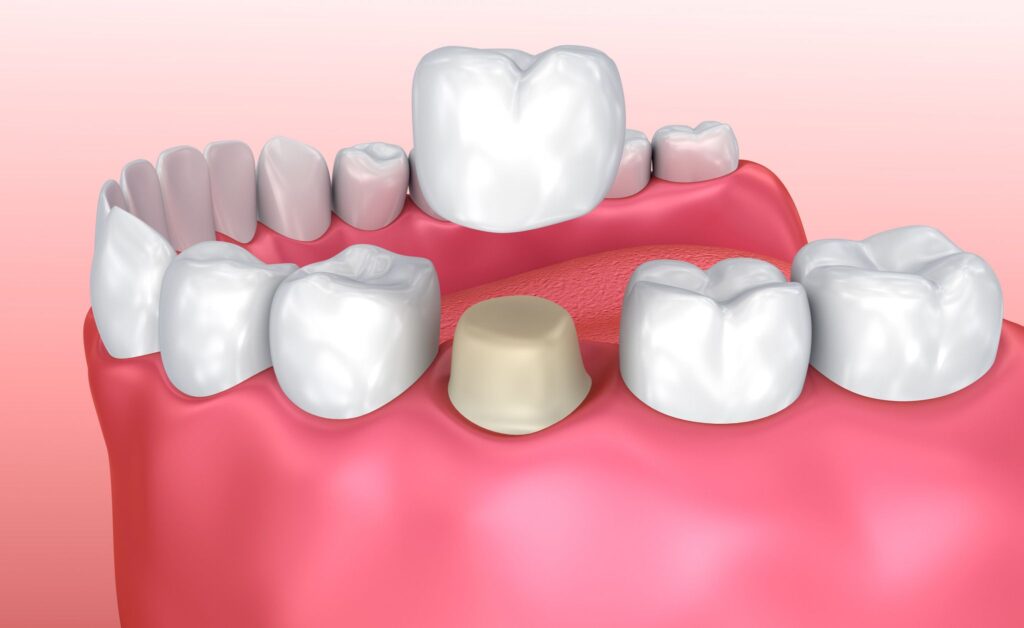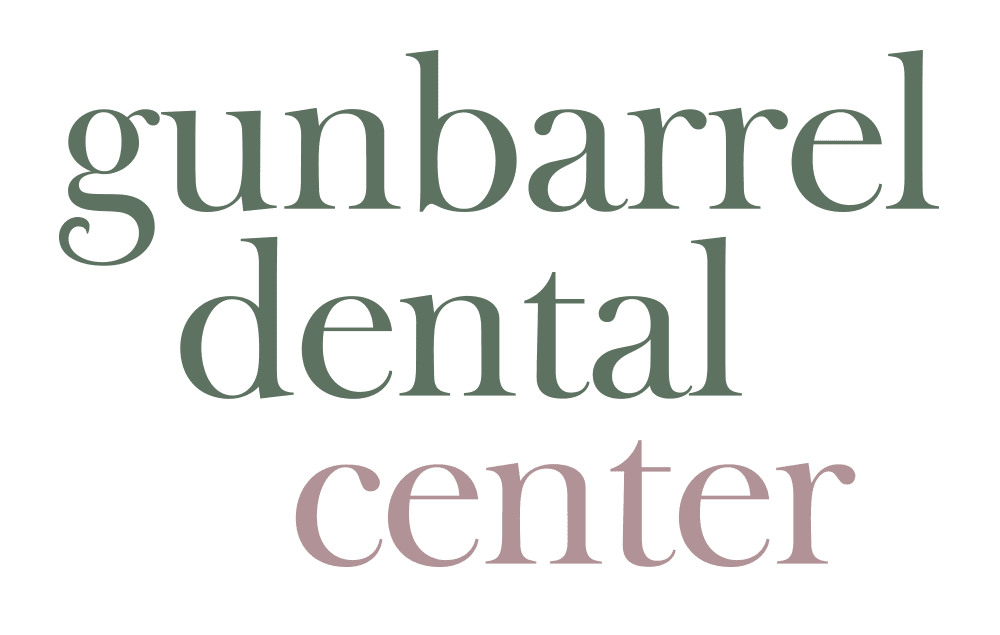Dental crowns are designed to protect and restore damaged teeth, but sometimes, despite their durability, they can become dislodged. A dental crown falling off can be alarming, but staying calm and taking the right steps can help prevent further damage and discomfort. Understanding what to do in this situation is crucial for maintaining your oral health and ensuring a smooth replacement process.

Stay Calm and Assess the Situation
When a dental crown comes off, the first step is to remain calm. While it might feel painful or shocking, most cases are manageable with prompt care. Carefully retrieve the crown if it is still intact, avoiding any damage to its structure. Examine both the crown and the exposed tooth for signs of damage, such as cracks, sharp edges, or decay. This assessment will help you provide your dentist with accurate information and prevent potential complications.
Protect the Exposed Tooth
Once the crown is off, the underlying tooth may be sensitive to temperature changes or pressure. Avoid eating hard, sticky, or extremely hot or cold foods to minimize discomfort. Rinsing your mouth with warm saltwater can help reduce irritation and maintain cleanliness. If necessary, over-the-counter dental cement or temporary crown adhesive can be used to protect the tooth until you reach your dentist. However, these should only be temporary solutions, as prolonged use can compromise the fit of the permanent crown or cause further dental issues.
Keep the Crown Safe
It is important to preserve the crown if you hope to have it re-cemented. Store it in a clean container, ideally with a small amount of milk or saliva to prevent it from drying out. Avoid handling the crown excessively, as this can damage its surface or interior structure. Bringing the crown to your dental appointment will allow the dentist to determine whether it can be reused or if a replacement is necessary.
Contact Your Dentist Promptly
Time is a critical factor when a dental crown falls off. The sooner you contact your dentist, the better the outcome is likely to be. Explain the situation clearly, including when the crown fell off, any discomfort you are experiencing, and any observations about the tooth or crown. Many dental offices prioritize same-day or urgent appointments for crown emergencies, which can help prevent further damage to the exposed tooth and reduce the risk of infection.
Follow Professional Advice
Your dentist will evaluate the tooth and crown to determine the best course of action. In some cases, the crown can be cleaned and re-cemented, especially if it is intact and the tooth underneath is healthy. If the crown is damaged or the tooth has decayed, a new crown may be required. Following the dentist’s instructions regarding oral hygiene, temporary protection, and follow-up appointments is essential for a successful restoration.
Prevent Future Incidents
While accidents happen, there are ways to reduce the risk of a dental crown falling off in the future. Avoid chewing on very hard foods, ice, or objects like pens, which can weaken the crown. Maintain regular dental checkups so that your dentist can detect any early signs of crown loosening or decay. Good oral hygiene, including brushing and flossing around the crown, can also help ensure it remains secure and functional for many years.
Dental Crown Care in Boulder, CO
At Gunbarrel Dental Center, we are dedicated to helping you preserve your oral health. If your dental crown falls off, don’t hesitate to reach out. Contact our office today to schedule your appointment and learn more about how to care for your dental restorations.

